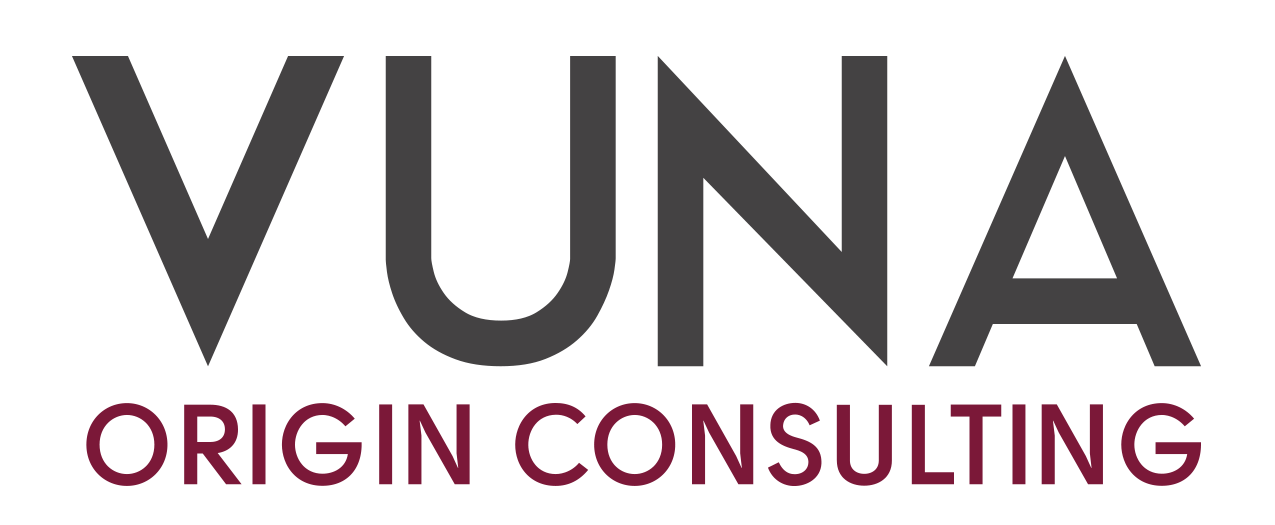Put a break on the new Fairtrade minimum price
Last March, Fairtrade International announced an increase in its minimum coffee price. The new minimum for washed Arabica coffee will be $1.80 per pound, a $0.40 increase, while the price for natural Robusta will rise by $0.19 to $1.20 per pound. The new prices will soon take effect in August 2023. All seemed to be on the good track as the launch date fast approaches.
Weeks before the launch, Fairtrade USA took the market by surprise announcing an immediate freeze on the minimum price on July 12th, 2023.
With this move, the US based organization is once again forging its own path away from Fairtrade International and most importantly the Fairtrade Producer Networks.
This freeze can be directly translated into one clear message: Fairtrade USA believes that price is no longer the most determining factor to farmers' sustainable livelihoods.
How do you feel about the minimum price freeze? Share with us in the comments!
Fairtrade USA’s Take
Fairtrade USA believes that its very own “Innovation for Impact” initiative is the answer. This initiative - that is yet to be launched - calls for impact projects and other CSR initiatives that focus on scalability, producer impact and sustainability issues, such as climate change.
Criticism from the coffee sector
Unsurprisingly, the Fairtrade USA announcement was met with wide criticism within the coffee sector.
Here’s the top three reasons why:
1. Demand is on the rise despite high prices.
For the last two years roasters have been paying prices above the Fairtrade minimum price. Due to inflation, increased costs of production, weather conditions along with a raft of other geopolitical factors. None of these have negatively affected demand in the medium-long term. There is no clear response that the increasing Fairtrade minimum price would be problematic to demand growth.
2. No price freeze will spur market participation
To assume that keeping prices low will spur market participation and increase the purchase of Fairtrade certified coffee is also questionable. Historically, the market has not be able to absorb all Fairtrade certified coffee, even during times of low prices. It is rather unclear how the price freeze would have effect on this mater.
3. Charity is rarely the answer to problems created by the market.
In recent months, farmers and small holder producer organizations have repeatedly claim that the new price increase is long due and necessary. On the other hand, there is no impact project or CSR initiative that can substitute paying fair prices.
The minimum price freeze seems to not only to go against what farmers and small holder producer organizations have been claiming for months. It also seems in starch contrast with the pillars of the Fairtrade movement: (1) transforming market dynamics, (2) empowering producers in trade negotiations, and (3) establishing fair prices that cover production costs.
At Vuna, it goes without saying that we are frustrated by Fairtrade USA minimum price freeze announcement. Nevertheless, we are interested in hearing all perspectives.
What’s your take on the minimum price freeze? Share with us in the comments!
